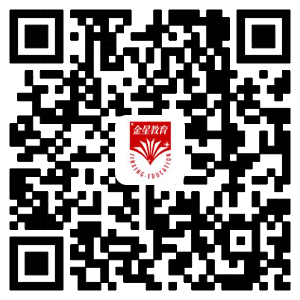4. 表示推测
will用于谈论现在,would可用于谈论过去,也可用于谈论现在(语气较委婉):
This car will hold six people. 这辆小汽车可以坐六个人。
Ask him. He will know. 问问他吧,他大概知道。
You wouldn’t know. 你不会知道。
Every family would have some sort of trouble. 家家都会有本难念的经。
The person you mentioned would be her father, is that right? 你提的那个人想必是她的父亲,对吗?
【注】有时可后接完成式,表示对过去可能已经发生的情况进行推测:
You will have heard of it. 你已经听到那事了吧。
I thought you would have finished it by now. 我想你现在可能已经做完了吧。
5. 表示执意或决心
will表示现在的执意和决心,would表示过去的执意和决心:
“Tell me the secret.” “I won’t.”“把秘密告诉我。”“我才不哩。”
I won’t have anything said against her. 我绝不让谁说她的坏话。
He would do it, though I told him not to. 虽然我叫他不要做,可是他偏要做。
【注】此用法可视为表意愿的加强用法,即强烈的意愿即为决心。
6. 其他用法
will 还可表示许诺、指示、叮嘱等,而would还可用于评论某一特定的行为等:
You will have your share. 你会得到你那一份的。
You will do as I told you. 你得照我说的去做。
That’s just what he would say. 他就是爱那样讲话。
You would never do anything to hurt me. 你绝不会做伤害我的事的。
7. would与虚拟条件句
有时用would,可视为是省略了或包含有相关条件的虚拟语气:
I might see her personally. It would be better. 我可能亲自去看她,那样更好些。(=It would be better if I saw her personally.)
She’d be stupid not to accept. 她不接受那才笨呢。(=She would be stupid if the didn’t accept.)
